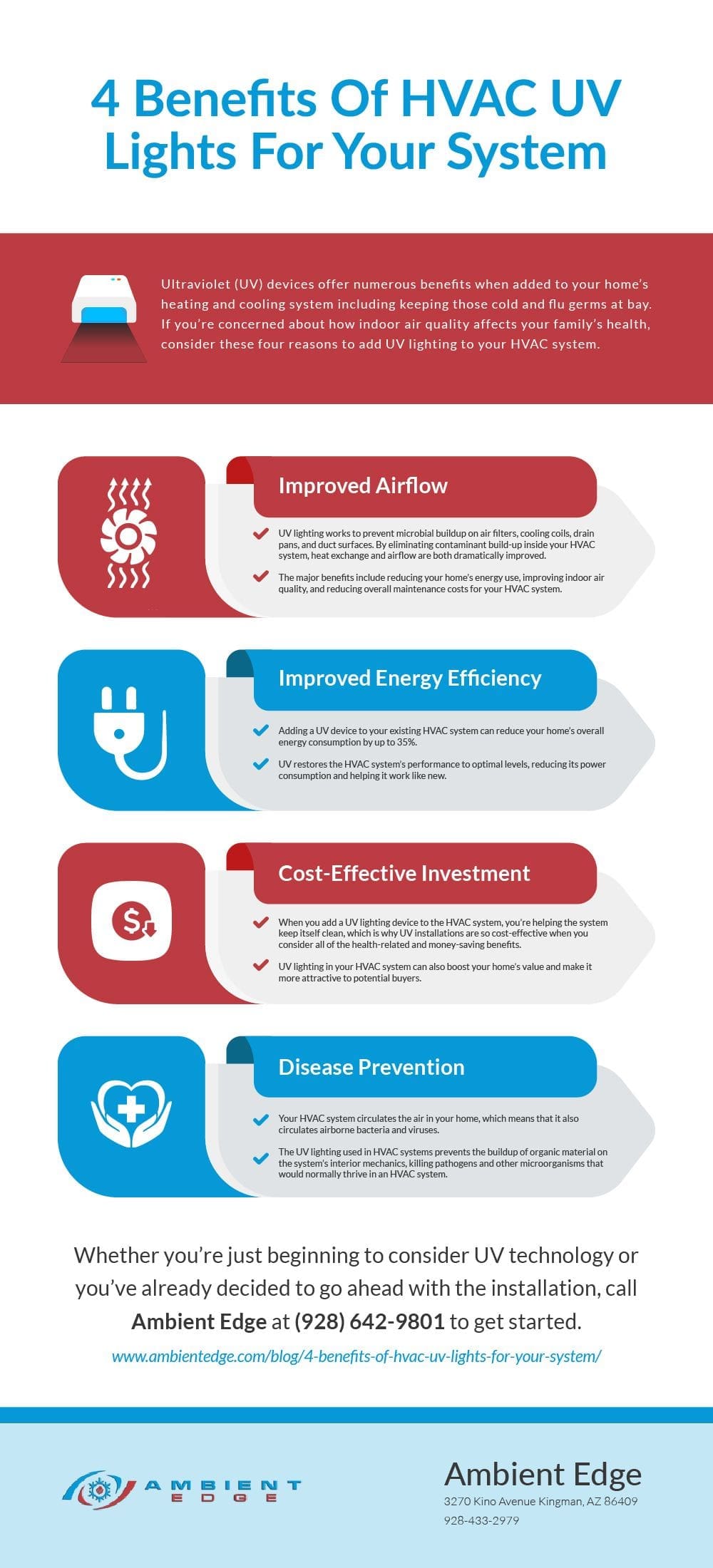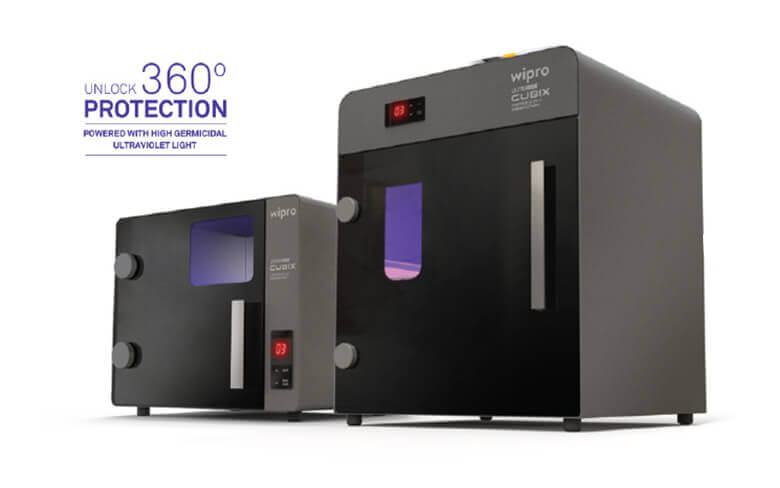Uvc Light Fundamentals Explained
Getting The Uvc Light To Work
Table of ContentsOur Uvc Light IdeasThings about Uvc LightTop Guidelines Of Uvc LightUvc Light Things To Know Before You BuyGetting My Uvc Light To Work3 Easy Facts About Uvc Light Explained
A new kind of ultraviolet light that might be safe for individuals took less than five mins to decrease the degree of indoor airborne germs by more than 98%, a joint research by scientists at Columbia University Vagelos University of Physicians and Surgeons and in the U.K. has discovered. Also as microbes proceeded to be splashed into the space, the degree stayed really low as long as the lights got on.Yet previously these studies had only been conducted in tiny experimental chambers, not in full-sized rooms resembling real-world problems. In the existing research, researchers at the University of St. Andrews, University of Dundee, University of Leeds, and Columbia University checked the efficiency of far-UVC light in a huge room-sized chamber with the same ventilation rate as a normal office or home (concerning 3 air changes per hour).
The effectiveness of various strategies to reducing indoor virus levels is typically determined in terms of comparable air modifications per hour. In this research study, far-UVC lights generated the matching of 184 equal air exchanges per hour. This goes beyond any kind of various other strategy to decontaminating busy interior spaces, where 5 to 20 equal air adjustments per hour is the most effective that can be accomplished almost.
The Single Strategy To Use For Uvc Light

The primary criteria of UV-C disinfection are wavelength, dosage, loved one moisture, and temperature level. There is no consensus regarding their optimum values, yet, in general, light at a high dose and a range of wavelengths having 260 nm is chosen in an atmosphere at space temperature level with reduced family member humidity. This light can be created by mercury-vapour, light-emitting diode (LED), pulsed-xenon, or excimer lights.
There are health and safety and security risks connected with the UV-C innovation when made use of in the proximity of people. UV-C sanitation systems have encouraging attributes and the prospective to improve in the future. Information surrounding the various criteria influencing the technologies' effectiveness in medical facility atmosphere are required. UV-C sanitation must presently be considered for low-level instead than top-level disinfection.
An additional application occurred in 1910 when UV light was made use of to decontaminate water. Nowadays, UV light is utilized for water, air, food, surface area, and clinical devices sanitation.
Facts About Uvc Light Revealed
DNA, RNA, or healthy proteins of a micro-organism take in UV light, with a peak absorbance around 260 nm [6] This leads to the disruption of DNA or RNA, bring about the inactivation of the micro-organism. UV-C-induced DNA disruption commonly contains the bonding of 2 adjoining thymine (or cytosine) bases rather of the traditional connecting of a base with its corresponding base on the various other hair.

Dark fixing, on the other hand, calls for several enzymes and nutrients for power [6] It is very important to know whether last inactivation outcomes have taken into consideration the occurrence of reactivation since it might lead to 60% of the accomplished inactivation being turned around [7] Additionally, mutations can develop upon UV-C direct exposure because this direct exposure can result in the origination of intra-strand cyclobutyl-pyrimidine dimers in DNA [ 6] The UV-C area is utilized for sanitation yet there is no consensus on the precise ideal wavelength. Light at 260 nm can trigger the most interruption. Various micro-organisms are most susceptible to somewhat various wavelengths.
Not known Details About Uvc Light
On the various other hand, it has technological implications since the complete power of the light beam is after that separated over all existing wavelengths. A discover here micro-organism that is susceptible to 254 nm light will be inactivated extra by a light that discharges solely light at 254 nm than a lamp that releases a wavelength spectrum at equivalent total energy.
Direct website here exposure times of 1045 minutes for space sanitation and 25 s to 5 minutes for clinical equipment were encountered in literature.
Further, the output of a light decreases gradually, so it is recommended to compute the dose at the end of lamp life, which is representative of a worst-case situation. The dose likewise affects the amount of photoreactivation. Quek et al. discovered that the percent of photoreactivation decreased from 5.31% to 0% for a rise in dosage from 1.6 to 19.7 mJ/cm2 [8]
Zhang et al. observed a change in UV irradiance of 34% when the RH raised from 50% to 90% [18] The quantity of RH influence on UV effectiveness depends upon the existing micro-organism and is more noticeable for microorganisms than for infections [16] Finally, the influence of temperature level depends on the source of light.
8 Easy Facts About Uvc Light Explained


This is known as much UV-C modern technology and is a relatively new disinfection method with limited understanding regarding its efficiency.
In study, the results on pulsed versus click continuous UV-C disinfection performance differ. When comparing pulsed and continual light it is vital to maintain other variables such as wavelength and dose consistent.
See This Report on Uvc Light
In case ozone is not required for disinfection, a changed lamp can be used. For mercury-vapour lights, drugged quartz glass or specialized soft glass can filter out short-wave UV-C light - uvc light.